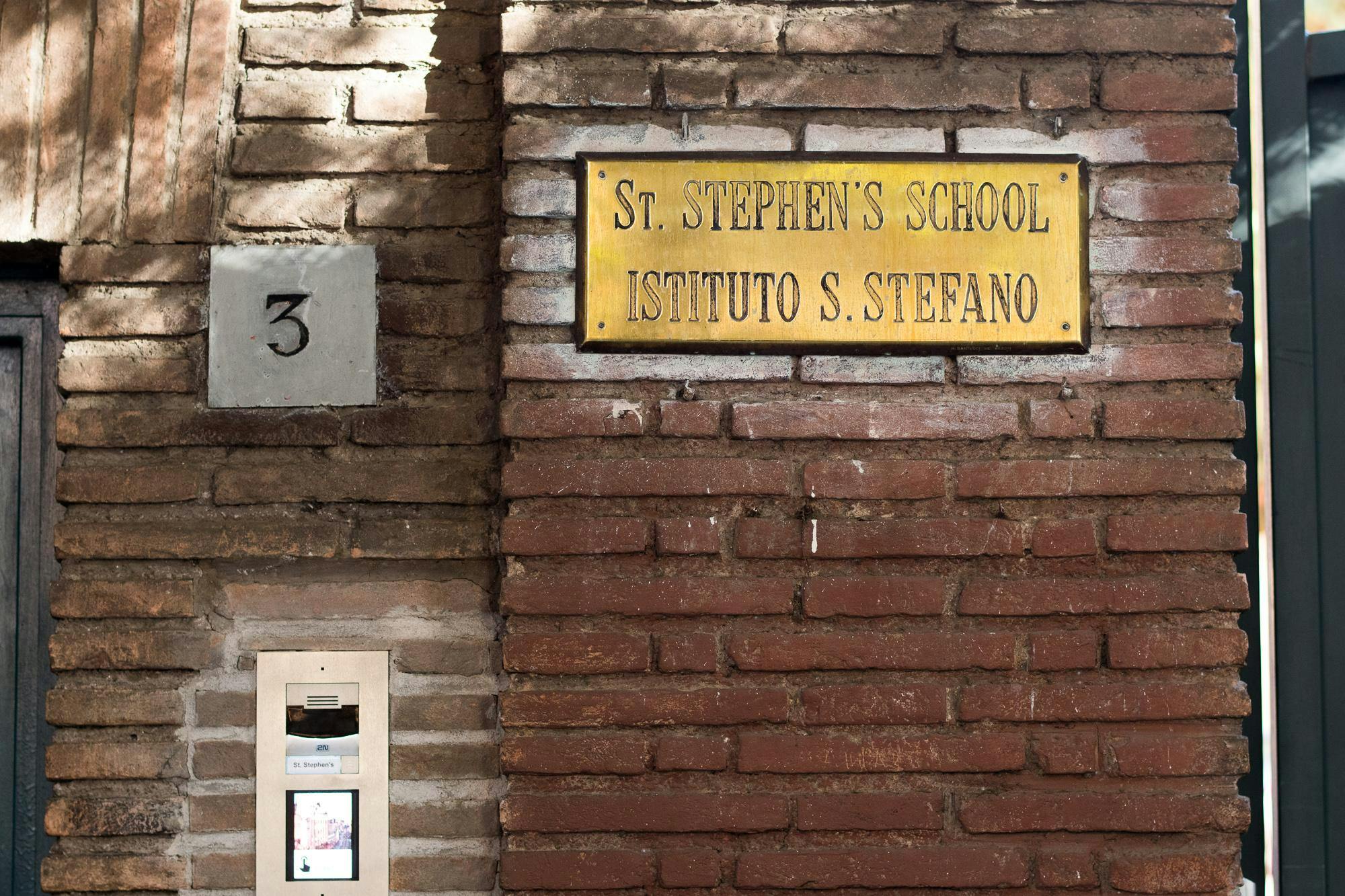
The Benefits of Attending a Boarding High School: From the Perspective of St. Stephen’s Parents
When Karen Edwards' daughter attended St. Stephen's as a boarder for her eleventh-grade year, Karen discovered that "unlike college, boarding high schools have fairly elaborate structures of liberties and limits, with a time-tested system of gradually allowing more independence as it is earned. This offers wonderful preparation for college with its near absence of rules." For a former boarder, beginning college is not a sudden transition to a parent and rules-free zone, it is an extension of their boarding experience with more freedom and added responsibilities.
Mike Mottola, the current Head of Boarding at St. Stephen’s and his wife (and current Biology teacher) Liz Johnson have been working in the boarding department for thirteen years. Again, as Karen explains, “none of us ever has the benefit of parenting many teenagers, but people who work in boarding schools are pretty good at it. They are able to provide clarity of structure and rules --while students continually test their limits and freedoms-- that few parents can match.”
Both of Maria Noero’s students were boarders at St. Stephen’s, her daughter stayed for a year and her son ended up staying for three. In Maria’s words, “St. Stephen’s was home, family, discipline, limits, love, understanding, challenges, friends and mental structure. My kids today are what they are, are where they are and have what they have thanks to their development of strength, knowledge, teamwork, and the capacity to maximize opportunities and chances.” While the typical day of a St. Stephen’s boarder includes at least two hours of mandatory evening study hall (with the possible addition of a daytime free period spent studying in the library), boarders have a great amount of freedom when it comes to managing their time. Boarders learn firsthand the importance of planning out their study time and managing their time to balance time spent with friends with time spent studying. By the time Maria’s children left for college, they were “very well prepared academically” and, thanks to their experience, living in a residential community with forty-five other teenagers, they had developed “a great emotional intelligence.” For Maria and her family, sending her two children to St. Stephen’s was one of the best decisions she ever made; in Maria’s words, “their future is magical thanks to St. Stephens.”
A graduate of Washington University in St. Louis, Natalie Edwards double majored in Art History and Archaeology and Economics. Natalie attended St. Stephen's as a boarder in 11th grade, and later returned to Bologna for a semester abroad during university. Natalie is fluent in Italian and is currently a Residential Assistant in the St. Stephen's Boarding Department and a Communications Office Assistant.










